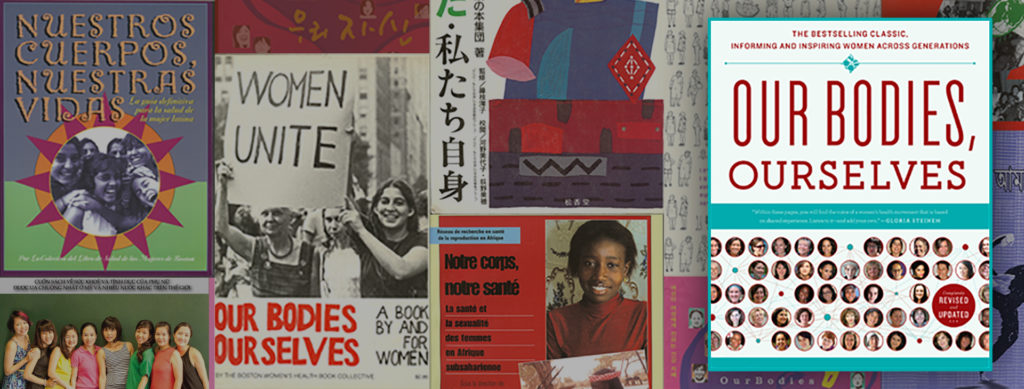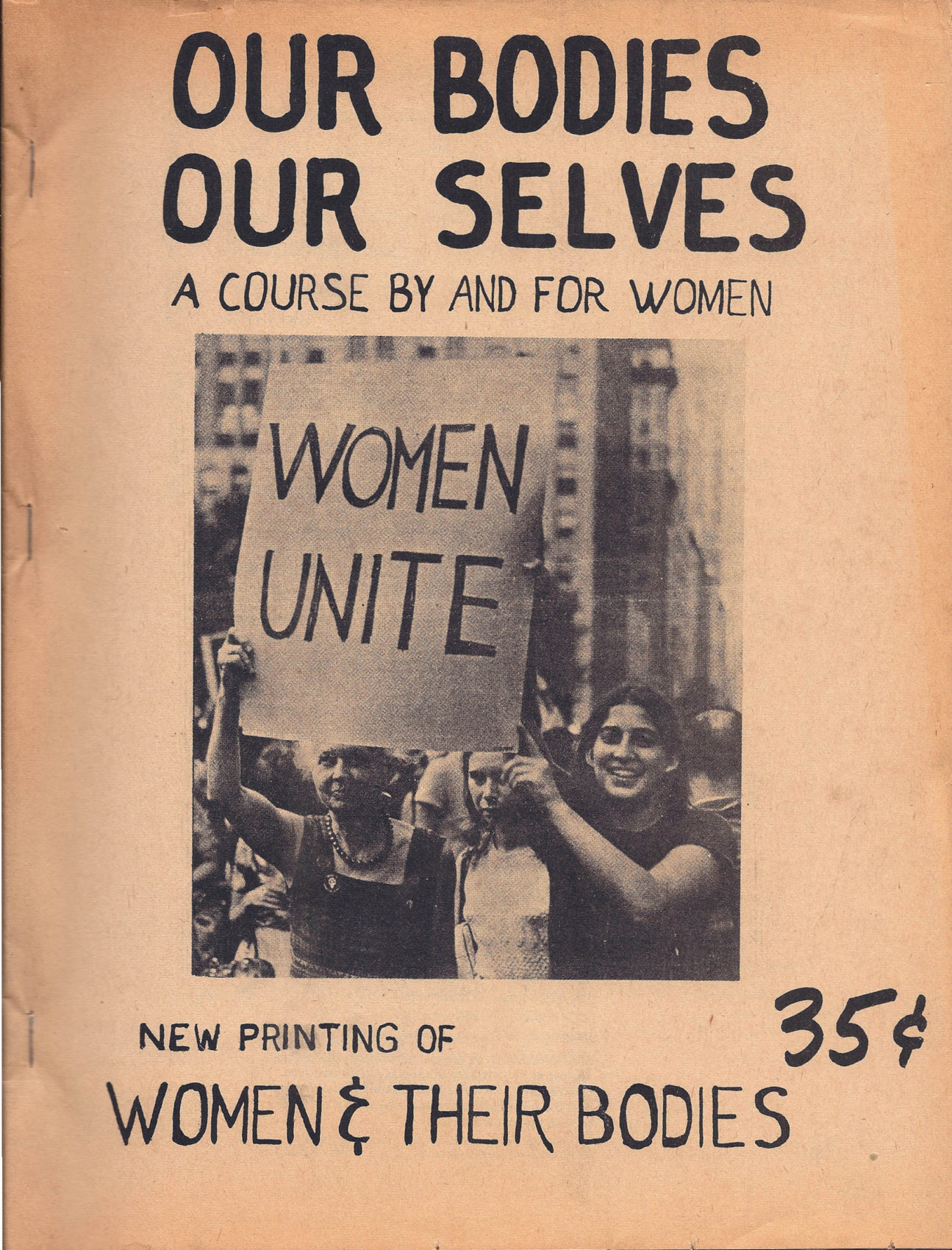
Fifty years ago today, at Emmanuel College in Boston, a group of uppity women got together to talk about what was important to them about their health. Tomorrow night (Friday, May 10) some of them will gather again, with people from Suffolk University, which is taking over as Our Bodies Ourselves Today. (See that post.)
Last year I met Miriam Hawley, one of the co-founders, and interviewed her, so this week when WBUR (Boston’s public radio news station) invited a blog post about the event, I was able to ghost-write it for her. What a thrill and honor. Here it is.
The history of this movement (and its founding moments) contains a perfect example of the shift from paternalism to autonomy. Think about being treated this way, as Miriam was in 1966:
“What’s in this pill?” I asked the doctor.
He came over and patted the top of my head and said,
“Dear, dear, you don’t have to worry about it.”
That’s paternalism – or paternal caring, when used appropriately. It’s appropriate when the cared-for person has no capacity to make informed judgements – like when infants are put in safe car seats in the back of the car.
But to keep someone in the back seat when they do have capacity … that’s belittling and disempowering. And as the WBUR post continues, “We wanted to worry about it.”
So at that first meeting (fifty years ago today) Miriam ran a workshop called “Control of Our Bodies,” which soon led to a group of them publishing a course book “Women and Their Bodies.” Then they realized the language “their bodies” was mentally separating their physical being from themselves as persons, and they renamed it:

I’ll repeat something Miriam said at a previous anniversary that perfectly illustrates why I’ve always said the genesis of Our Bodies, Ourselves was a potent illustration of empowered, engaged (e-patient) thinking.
“We weren’t encouraged to ask questions, but to depend on the so-called experts. Not having a say in our own health care frustrated and angered us. We didn’t have the information we needed, so we decided to find it on our own.”
Go thou and do likewise!


Leave a Reply